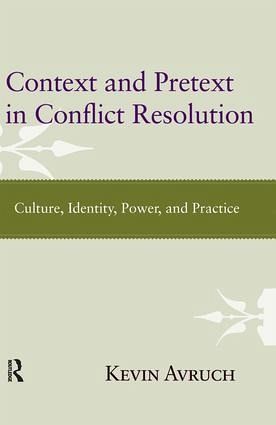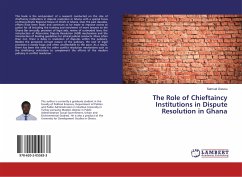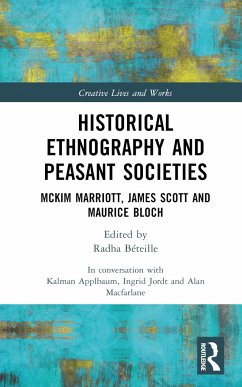"Kevin Avruch makes important contributions to resolving several long-standing debates in the fields of conflict resolution, international relations, anthropology, and many other fields. This book deserves a wide readership. It can be assigned in conflict resolution and peace studies courses, and in theory courses in anthropology and other social science disciplines. It should also be attractive to practitioners and analysts in the expanding field of peace and conflict resolution studies."
-Louis Kriesberg, Syracuse University
"Professor Kevin Avruch is one of the world's foremost scholars of culture and conflict resolution. In his excellent new book, he brings a lifetime of experience to a focus on identity conflicts and
power, especially in situations of unequal power between the parties. The book covers a range of topics, including negotiation theory, truth and reconciliation commissions, human rights, and cultural relativism. I have used the book in my graduate classes and find it incisive, clearly written, and with great balance between well-chosen cases and cutting-edge theory. I can recommend the book enthusiastically for the lay reader, the classroom, and the specialist."
-John N. Paden, Clarence Robinson Professor of International Studies, George
Mason University
"Professor Avruch succeeds in the ambitious goal of exploring the vibrant and multifaceted roles that culture plays in conflict analysis and resolution. He unites a dynamic, cognitive-affective model of culture with the sensitive analysis of structure and politics, no easy accomplishment. . . . He applies this model to human rights, to post-conflict reconstruction, and to the modeling of conflict resolution practice. Power, representation, and identity emerge as important categories of analysis. In all these excursions, Context and Pretext is closely reasoned and highly accessible.
-From the Foreword by Robert Rubinstein















